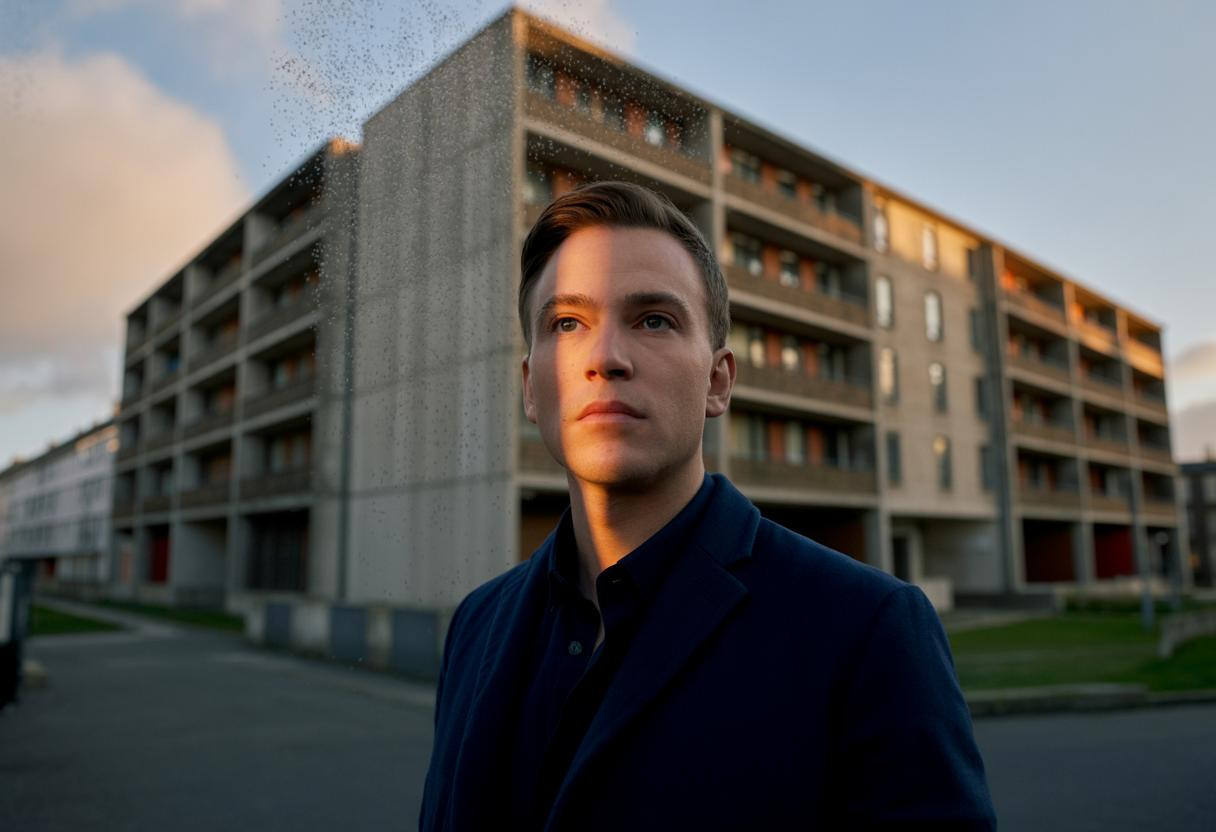The complex history behind Jordan Bardella’s ancestry has become one of French politics’ most intriguing untold stories. The 29-year-old president of France’s far-right National Rally party has carefully crafted his public image around his Italian heritage while an equally significant part of his background remains conspicuously absent from his narrative. In 2025, as Bardella positions himself as a potential future presidential candidate, the taboo surrounding his Algerian roots has finally come to light, revealing fascinating contradictions between his personal history and political platform.
The Algerian connection Bardella never mentions
While Bardella frequently references his Italian ancestry, describing himself as “75% Italian,” investigative journalists have uncovered that his great-grandfather, Mohand Séghir Mada, immigrated to France from Kabylia, Algeria in the 1920s. This revelation creates a striking contrast with Bardella’s hardline stance on immigration, which includes proposals to abolish birthright citizenship.
“The silence around Bardella’s Algerian heritage speaks volumes about the contradictions inherent in far-right politics in France,” explains Dr. Marie Laurent, political scientist at Sciences Po Paris. “Many leading anti-immigration figures come from immigrant backgrounds themselves, creating cognitive dissonance they must navigate carefully.”
A political identity built on selective storytelling
Bardella’s political narrative has been carefully constructed around his upbringing in Seine-Saint-Denis, a working-class suburb of Paris. He frequently mentions growing up in a council tower block with his struggling single mother – a story that resonates with many French voters, similar to how Shah Rukh Khan’s rise from humble beginnings appeals to his fans.
However, critics point to selective omissions in this narrative:
- No mention of his Algerian great-grandfather who is buried in Montreuil
- Limited acknowledgment that his father owned a business in a wealthier suburb
- Strategic emphasis on European rather than North African roots
The generational rebranding of France’s far-right
At just 29, Bardella represents a generational shift in French right-wing politics. Too young to be associated with the party’s most controversial past statements, he embodies the RN’s attempt to “normalize” its image. This rebranding strategy mirrors how tech companies reinvent themselves when facing image problems.
Marine Le Pen’s chosen successor
Bardella’s relationship with party matriarch Marine Le Pen has been crucial to his rise. In recent interviews, Le Pen has suggested Bardella might be ready for a presidential run by 2032, when he’ll be 36. Like a master jeweler carefully polishing a precious stone, Le Pen has methodically groomed Bardella to represent the party’s future.
The suburban narrative that drives his appeal
Despite growing criticism of his immigration stance, Bardella maintains significant support even in diverse communities. One former neighbor, Bouchra, told Le Monde: “I don’t see racism in him. He speaks authentically about our everyday struggles.” This paradoxical appeal resembles how celebrities maintain diverse fanbases despite controversial statements.
The evolution of his political messaging
Bardella’s stance on integration has hardened over time:
- Early career: Promoted assimilation as achievable
- Current position: Claims assimilation is impossible due to diversity
- Future trajectory: Likely to maintain hardline immigration views
What does authenticity in politics really mean?
The revelation about Bardella’s heritage raises important questions about authenticity in modern politics. Like those who eventually embrace their natural appearance or find what truly suits them, will Bardella eventually acknowledge his complete heritage? Or will political expediency continue to dictate a selective narrative that serves his ambitions but masks his complex identity?
“In politics, our personal histories are either weapons or shields,” notes political strategist Jean Dubois. “Bardella has chosen to deploy parts of his background strategically while concealing others. The question is whether voters will continue accepting this selective authenticity.”
